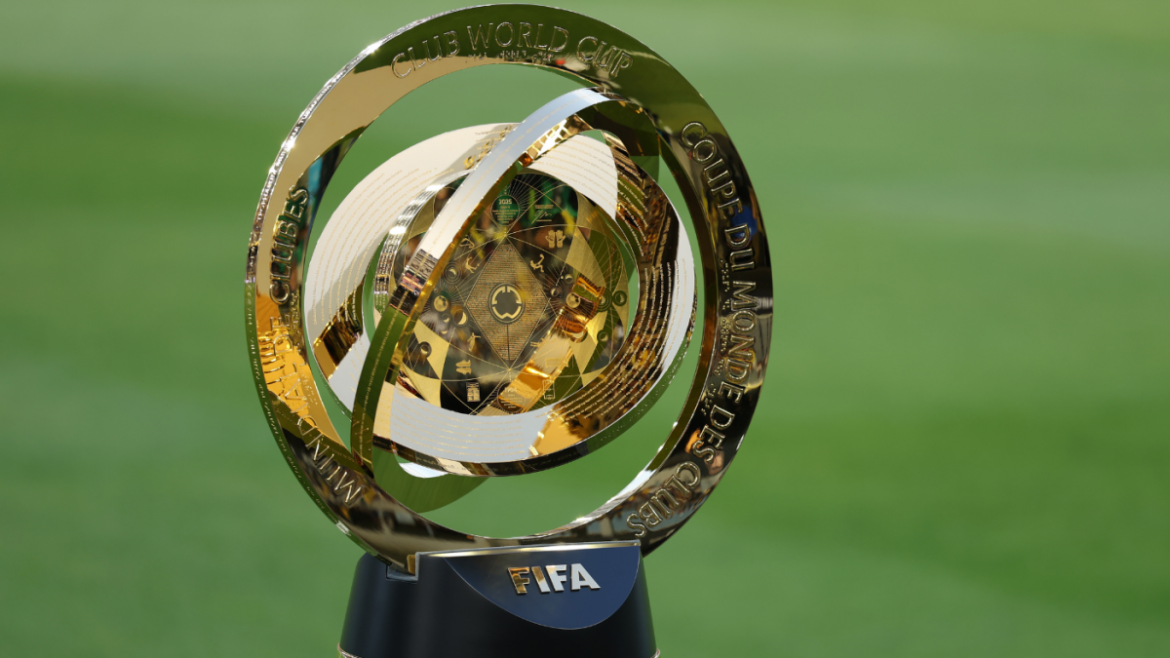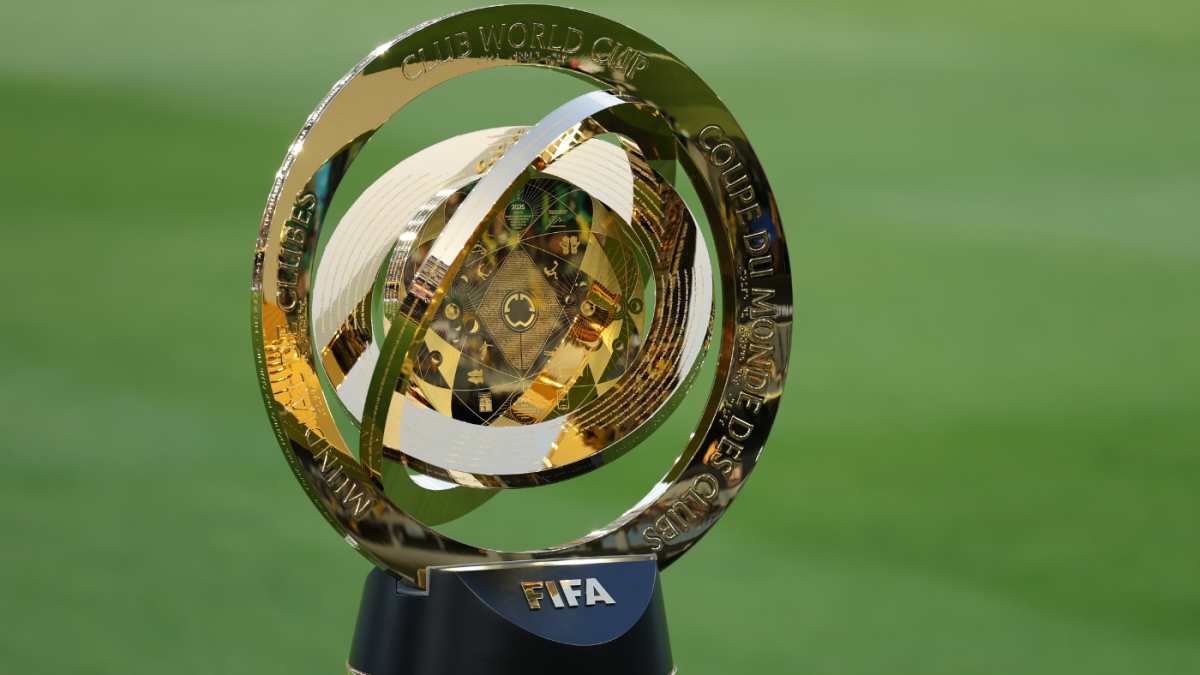Unpacking the 2025 FIFA Club World Cup: Schedule, Teams, and Venues
The 2025 FIFA Club World Cup is poised to be a landmark event in the world of international club soccer, expanding dramatically from its previous format into a month-long spectacle featuring 32 of the globe’s best football clubs. Scheduled to unfold from June 14 to July 13, 2025, across multiple venues in the United States, this edition promises thrilling matches, high stakes, and global fan engagement.
Evolution of the Tournament and Its Format
Previously conducted as a shorter annual event with seven teams, the 2025 iteration marks a significant expansion. Now contested every four years, the tournament boasts 32 teams from diverse continents, grouped into eight groups of four. Each team battles through a group stage followed by knockout rounds culminating in the final. The competition spans 63 matches, offering a comprehensive display of elite club football.
Key Dates and Stage Breakdown
– Group Stage: From June 14 onward, each group of four teams plays round-robin matches within their groups. The group stage draws considerable attention with clubs from dominant football regions clashing.
– Knockout Rounds: Starting June 28, the winners of each group progress to the Round of 16, matching up against second-placed teams from other groups. These knockout rounds push through until the final on July 13.
Noteworthy Teams and Group Dynamics
Among the headliners are European giants Chelsea FC and Manchester City, both looking to assert continental supremacy on this expanded world stage. Chelsea opens its campaign against Los Angeles FC (LAFC) on June 16 at the Mercedes-Benz Stadium in Atlanta, setting the tone for Group D play. LAFC secured its place by overcoming Club América in a playoff match and will contend with not only Chelsea but teams like Espérance de Tunis and Flamengo within the same group.
South American powerhouses are also featured prominently with clubs such as Boca Juniors and Palmeiras representing Copa Libertadores glory. Boca Juniors faces Benfica on June 16 at the Hard Rock Stadium in Miami Gardens in a Group C fixture that promises to test European tactics versus South American flair.
Other matches include Palmeiras taking on FC Porto and Botafogo competing against Seattle Sounders FC, illustrating the tournament’s global reach and diverse competition.
Venues and Broadcast Accessibility
The tournament’s geographic spread is impressive, engaging fans across American football hubs:
– Atlanta’s Mercedes-Benz Stadium
– Miami Gardens’ Hard Rock Stadium
– Philadephia’s Lincoln Financial Field
– Additional venues in Seattle, Nashville, Charlotte, East Rutherford, and Pasadena
Broadcast partnerships are equally extensive. Matches are available through various platforms such as DAZN, TNT, TBS, UniMás, and TUDN, covering a broad audience spectrum. Viewing schedules are listed in local time zones (EDT, CDT, PDT), catering to fans across the U.S. and internationally.
Practical Tools for Fans and Analysts
To keep pace with the intense schedule, the organizers provide comprehensive, easy-to-use resources including downloadable PDFs, Excel sheets, and printable fixtures. These tools facilitate tracking of results, upcoming matches, and group standings, crucial for analysts and supporters deeply invested in the tournament’s progression.
What to Expect: Competition Intensity and Global Football Showcase
With 32 teams and 63 matches across a month, the 2025 FIFA Club World Cup represents an unparalleled festival of football. Clubs like Manchester City aim to capitalize on their domestic and continental success by claiming the ultimate global club prize. Simultaneously, teams like Inter Miami, inspired by Lionel Messi’s presence, inject American soccer with heightened excitement and competitive edge.
The format expansion means that teams from traditionally underrepresented regions gain exposure, broadening the tournament’s appeal and fostering football development globally. Fans can anticipate gripping encounters blending contrasting styles: European precision against South American creativity, African resilience against North American enthusiasm.
—
Conclusion: A Month of Football Excellence and Global Unity
The 2025 FIFA Club World Cup stands as a monumental event, redefining club competition on a world scale. With an extended format, numerous venues, and a diverse lineup of elite clubs, it promises to captivate audiences with high-level soccer, dramatic narratives, and cultural showcases.
From Chelsea’s opening battle against LAFC to the climactic final in mid-July, this tournament delivers a global stage where football excellence meets passionate fan engagement. It is not merely a contest for a trophy but a celebration of the world’s game, uniting fans, players, and cultures through the universal language of football. As the 2025 edition unfolds, it will undoubtedly etch new stories into the rich tapestry of international club football history.





